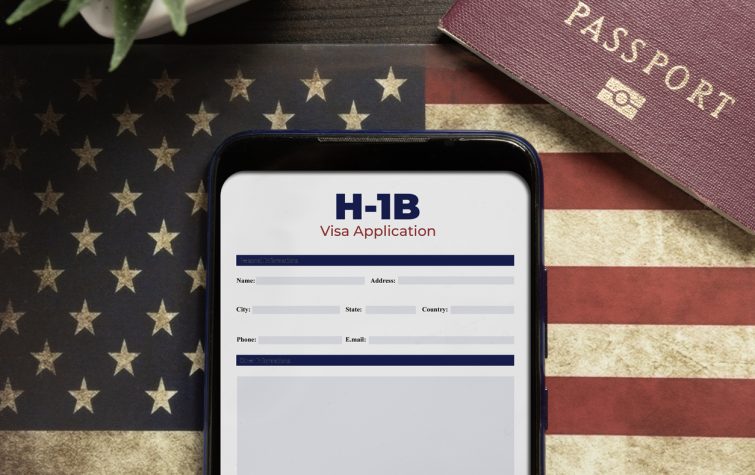H-1B and L-1 Visa Holders At Risk: How a Policy Change Could Impact Global Talent

The current administration is considering revoking a temporary rule from 2022, which was made permanent in December 2024, that extended the automatic renewal period for work permits from 180 to 540 days. This potential policy change could significantly affect H-1B and L-1 visa holders, vital contributors to specialized fields such as technology, engineering, and finance in the U.S.
Why the Policy Change
The former administration extended the automatic renewal period for work permits to allow additional processing time since they often experienced application backlogs. Appreciating the added time, visa holders could carefully navigate the complicated work permit renewal process and continue to work with minimal interruptions, benefiting both themselves and their employers.
Understanding the Various Visas
Several visas will be affected if the policy is reversed. These include the following:
- H-1B Visa: Allows US-based companies to hire foreign professionals in specialized fields
- H-4 Visa: Issued to dependents of H-1B holders, including spouses and children under 21. Some qualify for work authorization under specific conditions.
- L-1 Visa: Enables multinational companies to transfer employees from overseas offices to US branches. It includes:
- L-1A for executives and managers (up to 7 years stay).
- L-1B for employees with specialized knowledge (up to 5 years stay), with the option to apply for permanent residency.
- L-2 Visa: Issued to dependents of L-1 visa holders, often allowing them to work and study in the US.
Political Opposition
Those who oppose the extended work permit believe it allows immigrants to evade government reporting and hinders the current administration’s public safety efforts, sparking heated debate. Efforts are underway to return to the 180-day renewal deadline to allow the current administration to validate work permits and ensure valid authorizations.
If the Rule is Revoked
If the permits are revoked for H-1B and L-1 visa holders, employment impacts in specialized roles are likely to occur. The impact would disproportionally affect workers from India, as they are the majority visa holders in these categories. In 2024, Indian nationals represented 72.3% of the 386,000 H-1B visas granted, according to the Migration Policy Institute.
How CapRelo Can Help
CapRelo understands that policy shifts are unavoidable and that navigating visa changes requires a strong support system. CapRelo, with our trusted visa and immigration supplier partners, offers comprehensive relocation management, policy consultation, and ongoing employee support services. We keep our clients informed regarding the changing immigration landscape and remain agile to help you and your employees avoid potential obstacles.



